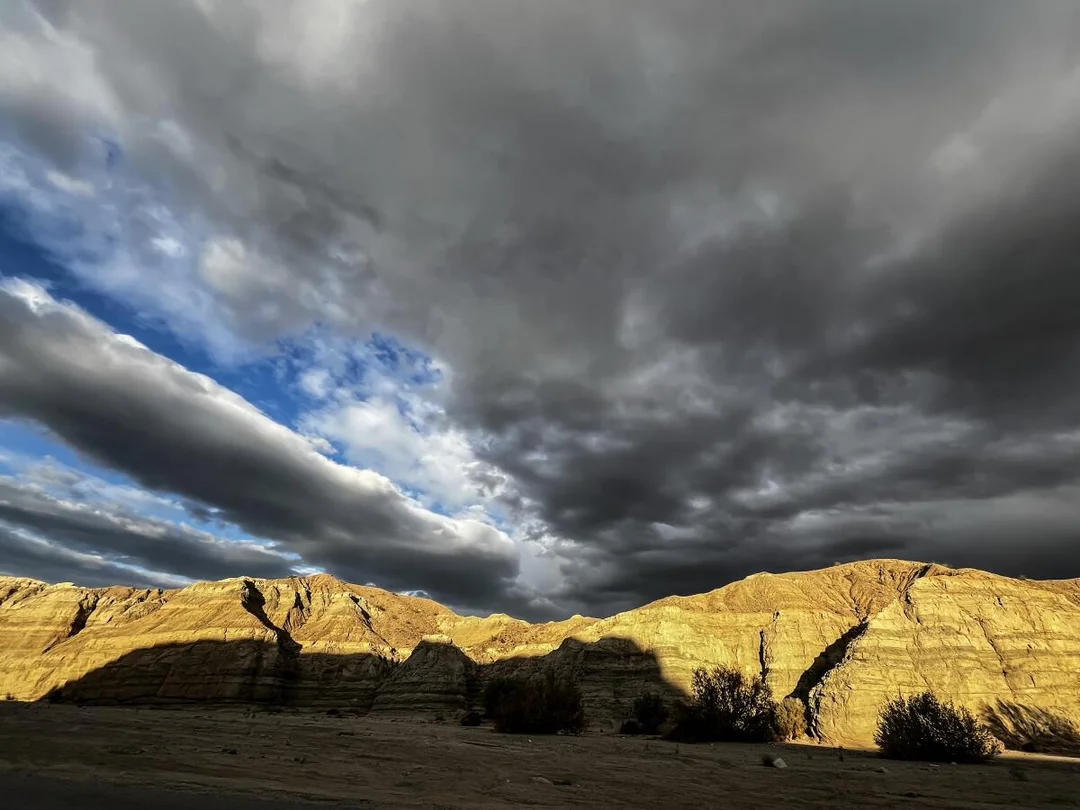
Can Biden’s Final Desert Safeguard Survive the Legal Storm?
In a heated clash over conservation and presidential power, a lawsuit challenges President Joe Biden's last-minute designation of the Chuckwalla National Monument in California's vast desert landscape. This sprawling 624,000-acre preserve, established just before Biden left office, aims to protect sacred tribal lands, wildlife habitats, and historical sites. But as critics push back, the outcome could reshape how future leaders manage America's public lands, raising questions about environmental legacy and executive authority.
The lawsuit, filed by the Texas Public Policy Foundation on behalf of a Michigan resident with mining claims and the BlueRibbon Coalition, accuses Biden of overstepping the Antiquities Act of 1906. According to senior attorney Matt Miller, the act was intended for 'discrete sites,' not massive areas like Chuckwalla, which he calls 'unconstitutional.' Plaintiffs argue that the designation blocks traditional uses, such as mining and off-road recreation, potentially derailing family livelihoods and outdoor adventures. Daniel Torongo, a plaintiff, lamented in the suit that his family's mining plans are now 'no longer possible,' threatening his retirement dreams.
Supporters, including the Protect California Deserts Coalition and local leaders, fiercely defend the monument. Janessa Goldbeck of the Vet Voice Foundation dismissed the claims as 'false,' emphasizing that the area remains open for hiking, camping, and hunting. She highlighted its cultural and military significance, like the World War II training grounds used by Gen. George Patton, where remnants such as tank tracks and a historic chapel still stand. 'They don't understand why veterans and families fought for this,' Goldbeck said, underscoring broad bipartisan support from California tribes, cities, and businesses.
This legal battle echoes past controversies, such as former President Donald Trump's reductions of Utah monuments, which Biden later reversed. If successful, the suit could nullify Chuckwalla, opening it to mining and development, or even prompt a Supreme Court review of the Antiquities Act. Critics like Miller point to the Constitution's Property Clause, arguing Congress alone should control federal lands. Meanwhile, environmental experts note that Chuckwalla safeguards rare species like the Chuckwalla lizard and Desert Ironwood, boosting recreation and ecotourism in the region south of Joshua Tree National Park.
As debates intensify, the monument's future hinges on whether preservation outweighs economic interests. This case not only tests Biden's environmental commitments but also sets a precedent for balancing conservation with public access in an era of political shifts.
In summary, the Chuckwalla dispute highlights the ongoing tension between protecting natural wonders and respecting historical uses. What do you think: Should such monuments be untouchable, or do they infringe on personal rights? Share your views in the comments below and help spread this conversation by sharing the article.